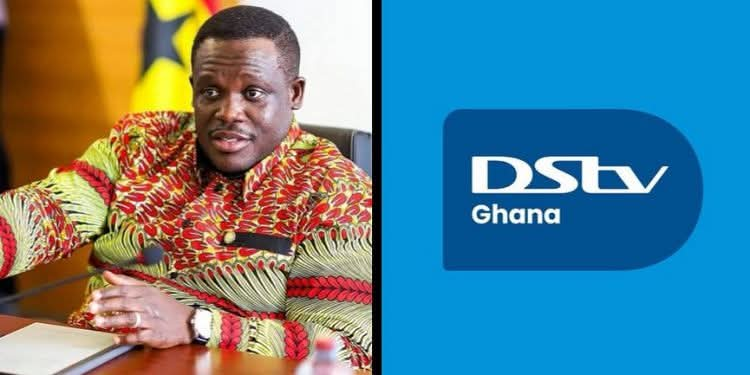Senior Policy Analyst at the Institute for Liberty and Policy Innovation (ILAPI), Desmond Israel, is urging the Ghanaian government to pursue a legal and reform-oriented approach in the ongoing standoff with MultiChoice Ghana, operators of DSTV, over recent price hikes.
In a detailed article, Lawyer Israel referenced precedents in South Africa (2017) and Nigeria (2022), where regulatory and parliamentary interventions led to significant concessions from MultiChoice. In Nigeria, the Federal High Court restrained the company from implementing new prices, following legal action by the Federal Competition and Consumer Protection Commission (FCCPC) and a suspension order from the House of Representatives. In South Africa, the Competition Commission investigated DSTV’s advertising practices and compelled a settlement.
“Legal action, parliamentary engagement, and structured negotiation led to concessions in Nigeria. Ghana can adopt a similar model, combining executive oversight with legislative accountability,” Israel wrote.
While acknowledging that the Minister of Communication’s intervention is legally supported, Israel emphasized that the policy response must be constructive rather than punitive. He proposed a 5-stage middle-ground regulatory framework designed to balance consumer protection with market stability:
Tariff Review
The National Communications Authority (NCA) should commission an independent audit of DSTV’s pricing formula to assess fairness and transparency.
Public Hearings
Mandatory stakeholder consultations should be held to gather consumer feedback and foster inclusive decision-making.
Moratorium on Price Increases
Further hikes should be suspended pending the outcome of regulatory review.
Price Rebalancing
If unjustified profit margins are identified, DSTV should be compelled to adjust its rates downward.
Competition Incentives
Government should encourage alternative providers through tax relief and reforms in content licensing to diversify the market.
Israel’s recommendations come amid growing public frustration over DSTV’s pricing disparities across African markets. Ghana’s Premium bouquet currently costs nearly three times more than in Nigeria, raising concerns about regional equity and consumer burden.
Meanwhile, Ghana’s High Commissioner to South Africa, Benjamin A. Quashie, has expressed concern that the Communications Minister’s handling of the ongoing standoff with pay-TV giant MultiChoice could undermine investor confidence at a time when the country is actively courting foreign capital.
Quashie acknowledged that the confrontational approach taken by MP Samuel Nartey George has placed diplomats in a difficult position as they work to promote Ghana as a stable and attractive investment destination.
“What makes it challenging for some of us as diplomats is that we’ve just completed orientation and been assigned KPIs tied to a broader reset agenda in our diplomatic efforts,” he explained. “Our mandate is to attract investment and build confidence in Ghana’s economy. When situations like this arise, it complicates that mission.” He told Joy News.

He further warned that South African investors and multinational firms could easily misinterpret the dispute as a broader trade conflict, potentially deterring engagement.
The controversy intensified after Samuel George issued a public ultimatum via social media on Friday night, threatening to shut down MultiChoice Ghana by Saturday, September 6, unless the company drastically reduces its subscription fees, which he labeled as exploitative.






